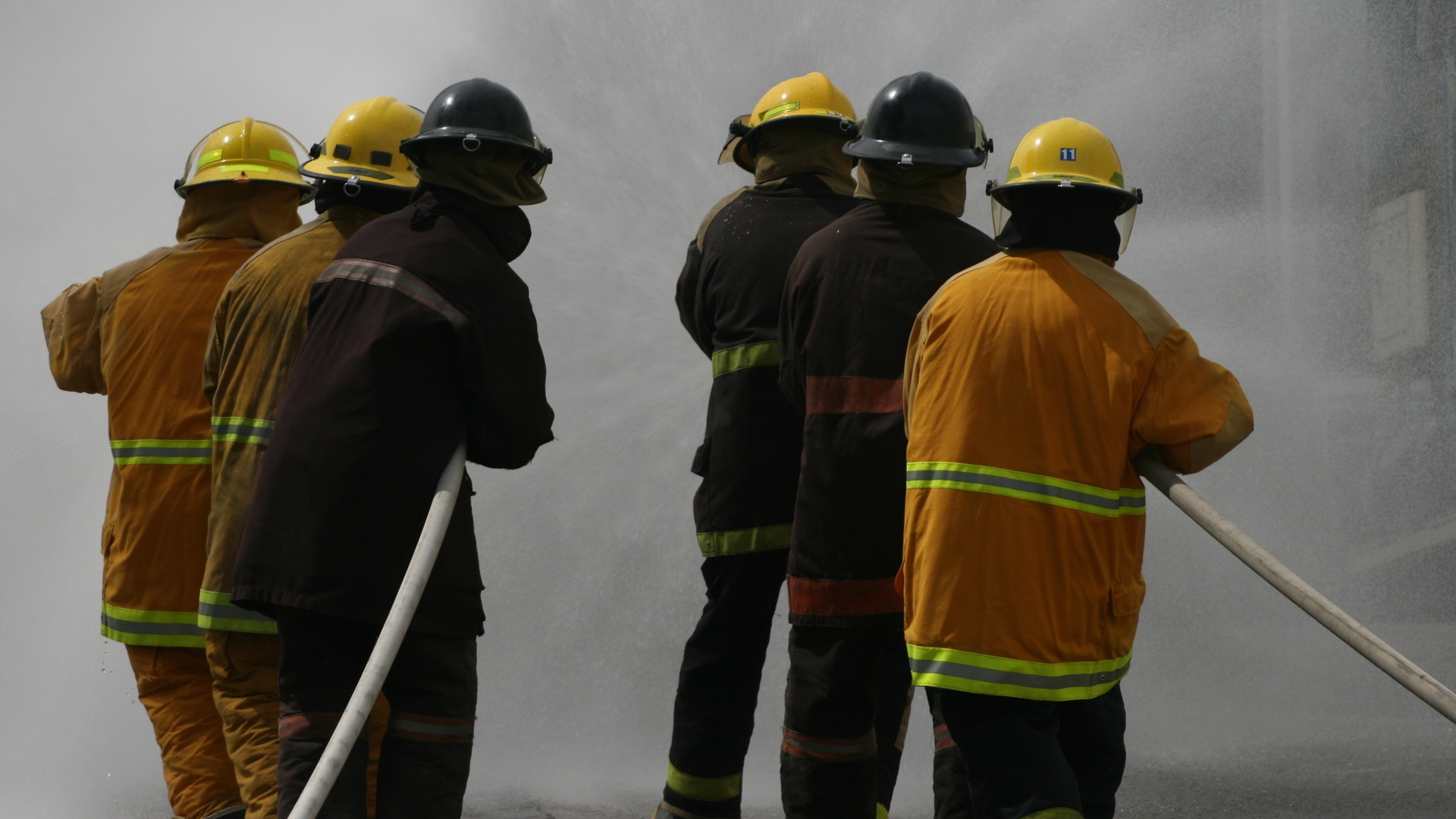While today most municipalities have professional, career firefighters, fire departments initially formed as cooperatives of neighbors who wanted to collectively protect themselves from fires. Many rural fire departments still run on a volunteer basis – as concerned citizens caring for each other. These brave men and women are committed to helping protect life and property. While preventing burnout isn’t the same as saving a life or protecting a home, it can be a great assistance to your peers, colleagues, and family.
Forming
At the core of the fire department is the concern for your fellow man and an understanding of how fires work. By learning more about your own burnout and how it can consume you, you become more capable of helping others avoid it – and recover from it. Forming the volunteer anti-burnout fire department starts with identifying those with the same desire to help others and enough personal experience with burnout recovery that they can share with others – or the training to develop some expertise.
Find those who are concerned about their friends and colleagues lives and assess and develop their skills in burnout prevention like you’d train a set of volunteer firefighters.
The Call Out
In volunteer fire departments, a call goes out for assistance with a fire. Those who are available to deploy and help do so. Not every volunteer goes to every event. With any individual who is reporting burnout, it may take fewer people to help put the fire out, but there tend to be more of them. They’re more like brush fires than house fires. The key is that there’s a mechanism in volunteer fire departments to send the message that there’s a need. In your anti-burnout team, the call may be more subtle and quiet than a radio call sent out to everyone, but having a clear mechanism where people can call upon the team is important.
Also, unlike a fire department, an anti-burnout team shouldn’t be lights and siren blaring to gather everyone’s attention, the response is likely slower and much more subdued. Because of the nature of burnout, it’s much more like grabbing a hose and helping the homeowner put out their own fire than taking command and control of the situation.
Smoke Detectors and Fire Drills
Many fire departments offer public service announcements to have smoke detectors on every level of your home and ensure that the batteries are changed often. Your anti-burnout fire department can also offer public service announcements about the signs of burnout – and what can be done to get help or help yourself escape.
Fire departments also help schools and families with small children plan for fire and run drills, so they know what to do when a fire happens. So, too, can your volunteer anti-burnout fire department have training events, in which people who have had – and recovered from – burnout can share their experience and what it felt like to them. Knowing what to expect – particularly in a practical way from someone you know – can mean the difference between them being able to escape burnout – and getting stuck.

